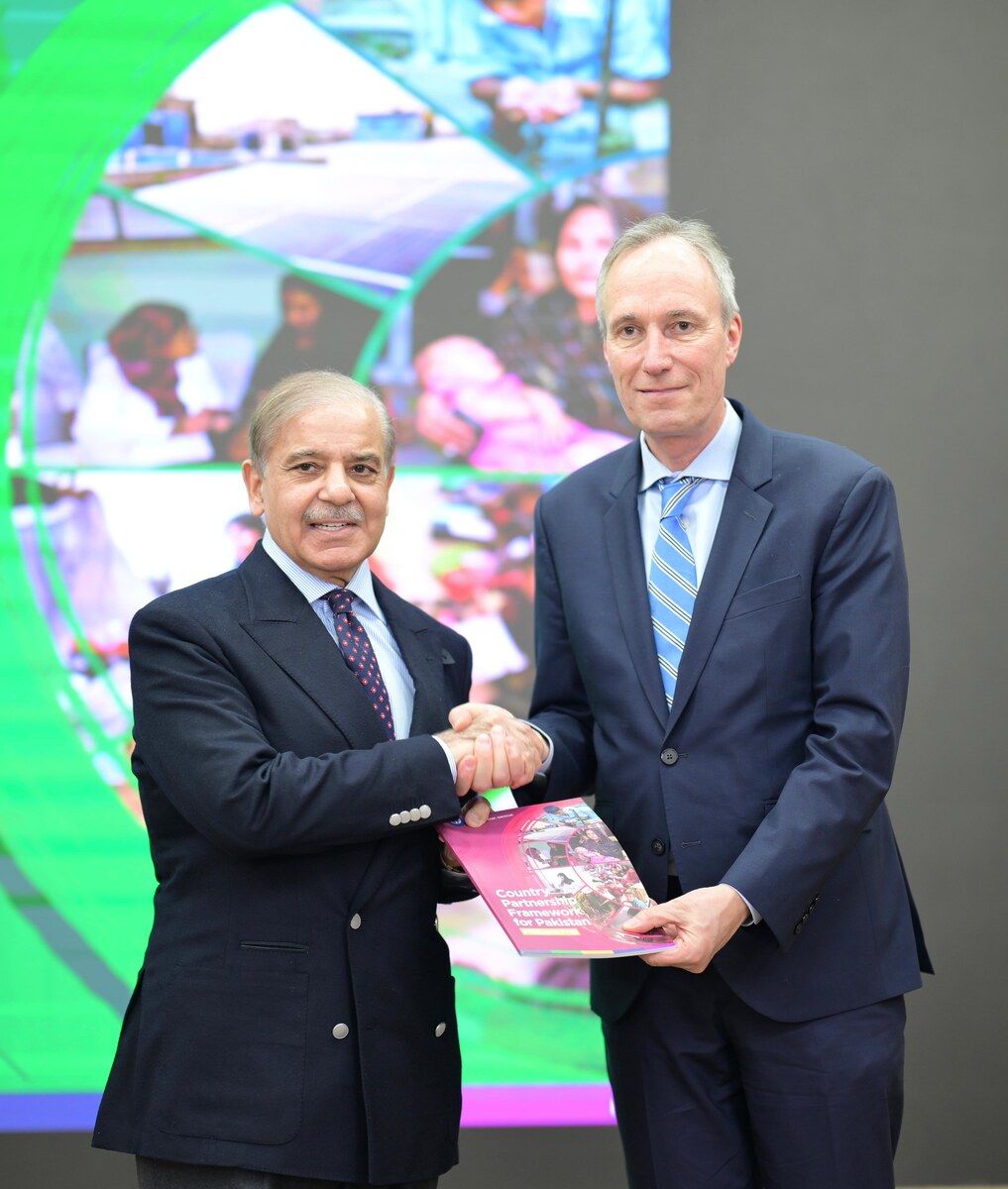KARACHI: Pakistan’s financial experts said on Tuesday the government should discuss the recent floods and their impact with the International Monetary Fund (IMF) to create fiscal space for itself to spend on relief and rehabilitation activities after the global lender approved an immediate disbursement of $1.1 billion to the country.
The IMF decision was taken in an executive board meeting in Washington on Monday, bringing its financial assistance to Pakistan under a bailout package signed in 2019 to about $3.9 billion.
The revival of the loan program has come at a time when Pakistan is witnessing its worst floods triggered by torrential monsoon rains that have killed over 1,100 people and destroyed large infrastructure and farmlands.
“It is important to ask the IMF for an adjuster to be able to spend on rescue and relief efforts in the wake of the floods,” Dr. Khaqan Najeeb, a former adviser to the ministry of finance, told Arab News. “Pakistan can also seek some money under the rapid financing instrument available with the fund which we also tapped previously [during the COVID-19 pandemic].”
“The IMF is the best anchor for Pakistan, considering the country’s balance of payment challenges and the uncomfortable position of $7.8 billion in the central bank’s reserves which can barely cover over a month of imports,” he continued.
The delayed IMF approval resulted in disorderly movements in Pakistan’s currency and stock markets.
“We can hope that the revival of the IMF program will give confidence to the jittery markets and that the worst dollar credit crunch that Pakistan faced over the last couple of months is now over,” Najeeb said.
Pakistan’s stock market, which recently displayed a bearish trend, gained more than 400 points after opening on Tuesday. The rupee also appreciated against the dollar in the early trade.
“All eyes are now on global oil prices and local political situation,” Muhammad Sohail, chief executive officer of Toplines Securities, told Arab News.
“We believe that after the IMF endorsement, more dollar funding for Pakistan is likely from bilateral and multilateral agencies along with other sources which will support the foreign exchange reserves,” he continued. “This will also bring stability to the national currency which had recently been under pressure due to uncertainty surrounding the IMF program, especially after the differences between federal and provincial administrations.”
The IMF acknowledged on Monday that Pakistan was at a difficult economic juncture, though it continued to insist on the implementation of tough structural reforms.
“Accelerating structural reforms to strengthen governance, including of state-owned enterprises, and improve the business environment would support sustainable growth,” Antoinette Sayeh, deputy managing director and acting chair of the lending agency, said in statement.
“Reforms that create a fair-and-level playing field for business, investment, and trade necessary for job creation and the development of a strong private sector are essential,” she added.

















